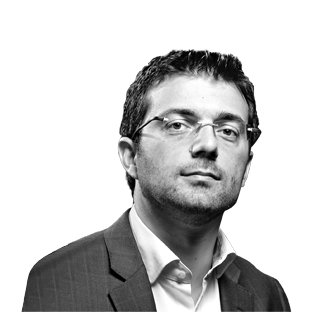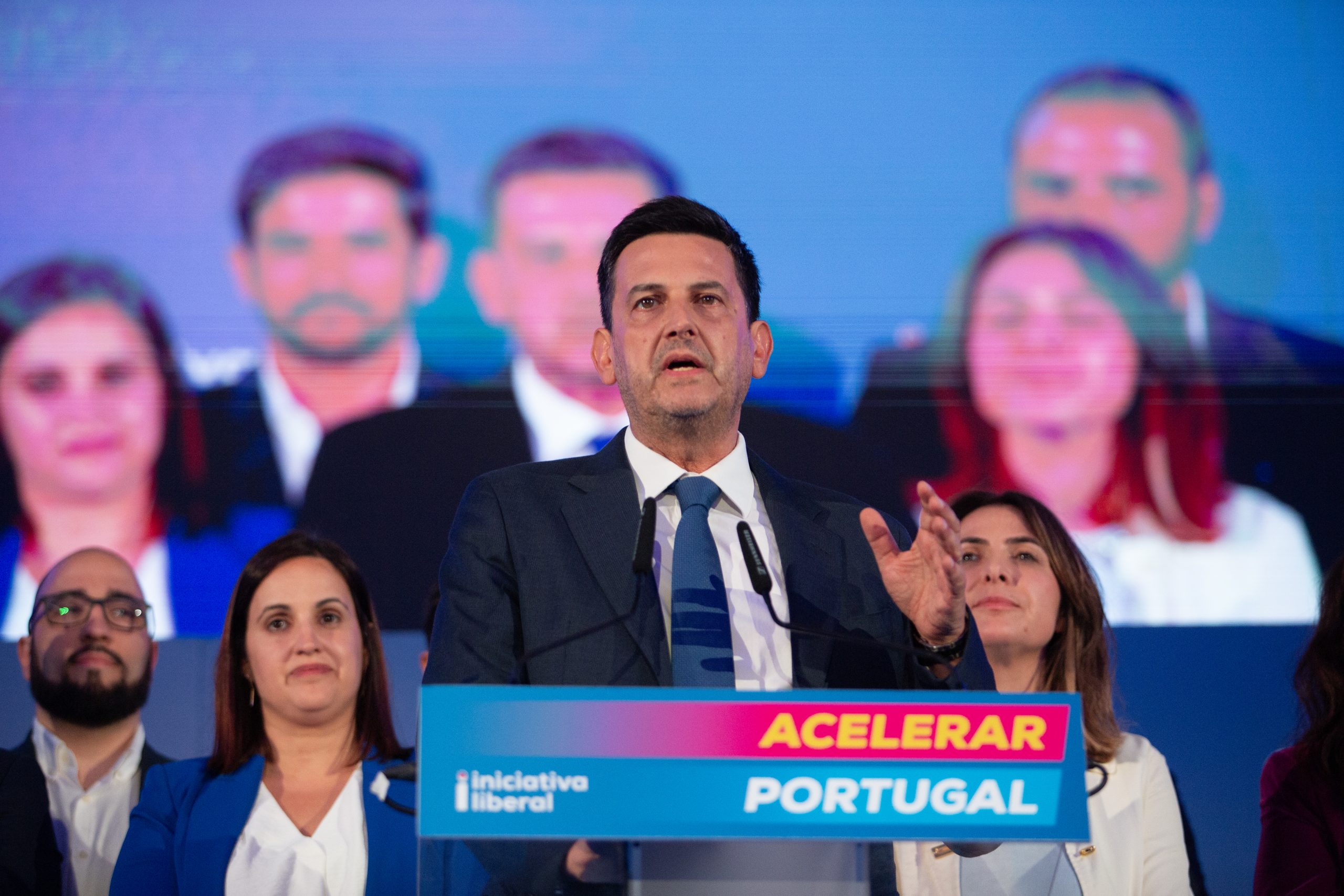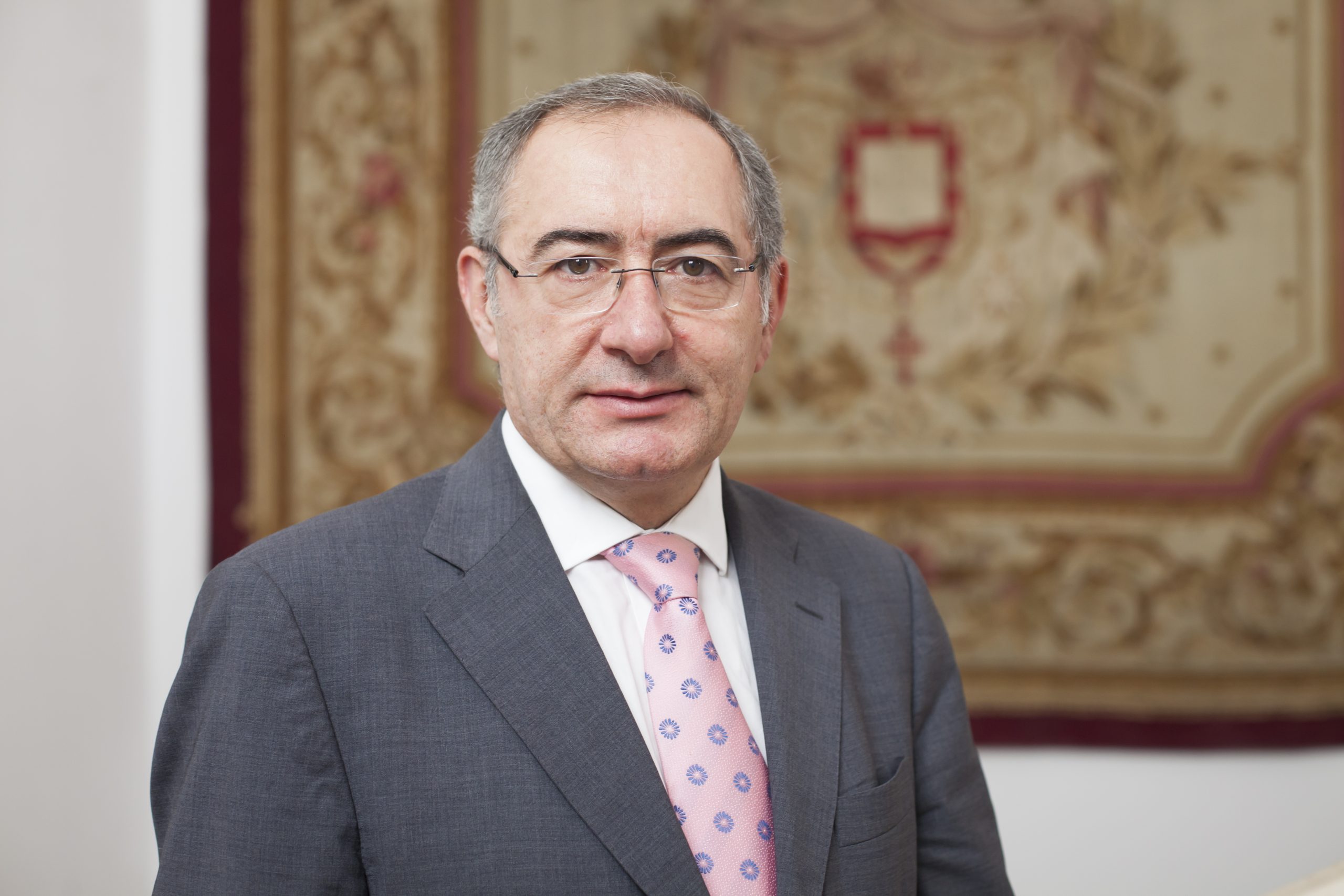Moderation is not for weak!

The recent drop in government has once again exposed the worrying state of Portuguese politics. The public and parliamentary debate is increasingly reduced to shouting, personal attacks and a struggle for the protagonism of the moment. If politics is the space where ideas should be discussed and build solutions, today it seems to be reduced to a noise spectacle, where those who scream loudly try to impose their reason.
Cavaco Silva wrote, for many years, about the economic principle that « the bad coin removes the good coin. » This reflection now fits into national politics: the space that should be occupied by a serious confrontation of ideas was taken by populism and the degradation of political language. The ideological difference is no longer affirmed by the debate, but by aggressiveness.
When the political debates of the 1970s, 1980s and 1990s are revisited, a fundamental difference is perceived. Despite the differences, there was the ability to discuss ideas. Even at the end of the Estado Novo, Liberal Ala Figures as Sá Carneiro sought to bring to politics a reformist and structured thinking. In the first constitutional governments, leaders such as Mario Soares, Cavaco Silva and António Guterres debated firmly but with elevation. The Assembly of the Republic was the scene of hard but intellectually rich political clashes.
Today, the ideological difference in Parliament is no longer affirmed in the confrontation of visions for the country, but at the level of decibels. What should be a decision space has become a corner bar where, between glasses of “trace”, no matter the substance of the conversation, but who can take the discussion closer to the gutter. Parliament, which should reflect the best version of democracy, became a stage where noise overlaps with reason.
Let us remember the historical debates between Mario Soares and Álvaro Cunhal, where the famous phrase “look no, look no” was to the story, not just for the exchange of arguments, but for the intelligence and irony of the moment. Let us also remember the confrontation between Cavaco Silva and Lucas Pires in 1985, an example of combativity within the limits of civility. And who could forget the 1986 presidential, where Mario Soares and Freitas do Amaral starred in one of the most intense and high debates and political clashes of Portuguese democracy?
Policy urgently needs to recover its dimension of serious, structured and decent debate, where the divergence of ideas is not synonymous with insult or shouting. The absence of moderation, which has become a norm in current political discourse, is not only a symptom of democratic degradation – it is also a bad example for new generations. When younger people, who have never known a different policy, attend this degrading spectacle, where noise replaces the argument and where many of the protagonists have never had any professional experience outside politics, they believe that politics is, by nature, a space of permanent conflict and not of collective construction. They grow up convinced that imposing to be shouted louder, and that politics does not require preparation, knowledge or sense of public service, but only ability for verbal confrontation and media theatricality.
The famous phrase of Adelino Amaro da Costa, who reminds us that “it can be moderate on the left or right, because moderation is a way of being in politics. And without moderation there is no democracy that survives”, it becomes even more relevant when we realize that moderation is no longer valued as a virtue. In an environment where the extremes feed mutually and where crisma dominates, those who defend a constructive debate is often seen as weak or uninteresting. However, without this moderation, without the ability to listen and respond with arguments and not with attacks, democracy is degrading and loses its purpose. If we do not correct this direction, we will be building a future where politics will be just a sterile conflict stage, driving away the serious and committed citizens and leaving power in the hands of those who see a shortcut for notoriety.
If we want a country where politics is again a space of ideas and not noise, we need leaders that value the substance and not the show. Portugal deserves a robust democracy, based on the confrontation of ideas and not the simple art of screaming louder. After all, if the bad coin moves good currency, there will be no future for politics or the country – just for the noise.








